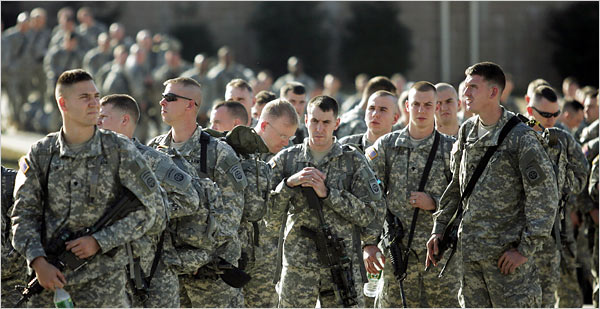Reality Check: US Foreign Relations

Much of the feedback I receive from various articles question why U.S. foreign policy is so defensive/aggressive. Let me begin by saying that I am far from being an expert on most of these matters. While I did serve in the military and as a diplomat, I never reached a level where my input had any major impact on policy. So, I come at this question as a simple student of human nature.
Let me begin with an insult--if you are reading this, you are already out of touch with most of humanity. For starters, you probably have internet access, a personal computer, and speak English--unlike most of the world’s population. You also have the time and inclination to read this, which further distances you from most of your fellow humans. Let’s call a spade a spade--whether you like it or not, you are an elite compared to most of mankind. Nevertheless, you still know what the world needs. Let me guess, you all want peace? A world where everyone gets along and treats each other with mutual respect. I’ll admit, it sure sounds nice.
Now, for some reality…archaeologists and anthropologists will be forever debating when modern humans first became “civilized.” For the sake of argument, let’s say it started 12,000 years ago. Before that time, we were just another species in the natural world. If you want to see how the natural world operates, just watch NatGeo Wild on TV. The reality is brutal. Killing and death are daily occurrences and survival is harsh. No worries--we are beyond that. After all, we are now civilized. Better yet, we now have religion.
The degree in which you follow a particular system of beliefs is governed by a number of variables--upbringing, associations, political mandates, etc. Despite the fact we are all supposedly the “children” of God, Yahweh, Allah, or whomever, there is always another “child” who knows best. Rather than take responsibility for their own actions, far too many people evoke their religious beliefs to appease their clergy and deities, provoke divine intervention, or grease their path to the afterlife. Did I digress here? Apologies--we all know religion brings people together and has nothing to do with world affairs.
Politics. Maybe that’s the key to world peace. Let’s start with the first rule of international relations--the nation-state will always act in its own self-interest. Hmm. That must be the problem with the U.S.--the whole world wants to sing "Kumbaya," but the only the U.S. refuses to sing along. The U.S. covets what everyone else has and will do anything to get it. I bet if the U.S. kept its nose out of everyone’s business, the Russians, Chinese, and everyone else would do the same. After all, wouldn’t that be in everyone’s self-interest?
After all this rhetoric, a simple experiment may suffice to answer the question. I challenge you to go into any daycare center, anywhere in the world. Seek out a group of unsupervised toddlers and see how long it takes one of them to go over to another and take away the other’s toy by force. Brutal, I know. Like the natural world. Not to worry though--those toddlers will all grow up, get exposed to religion and politics, and become civilized. The U.S. has nothing to worry about.



